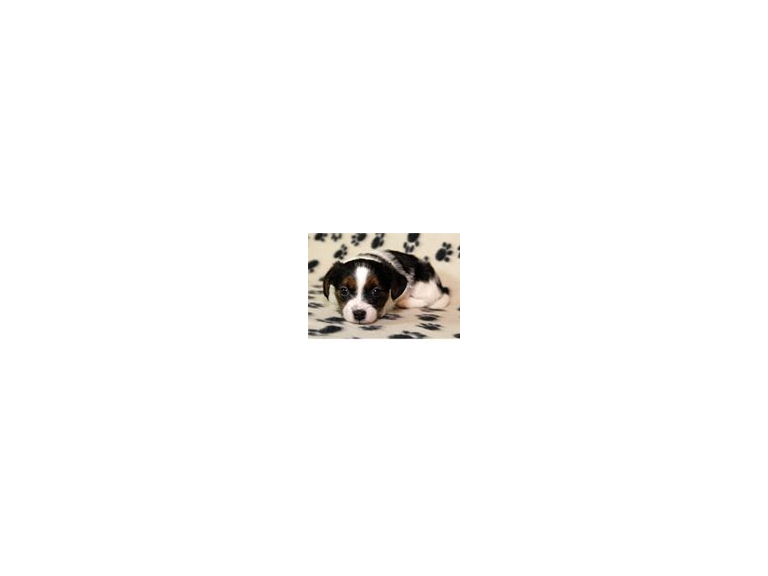
Behavioural Development of the Puppy
Puppies start developing behaviourally from birth and throughout all stages of their lives. At 3 weeks of age a puppy starts to develop the necessary sensory and motor abilities to be both aware if its surroundings and respond to things they encounter.
The environment in which your puppy was raised, the number of puppies in the littercand the temperament of mother will have already made a significant impression upon him or her.
At Pool House Veterinary Hospital, we would always advise that, on collecting a puppy from a breeder you meet the mother and you determine how your puppy has been reared. A puppy that has been raised in an outdoor environment with no litter mates and little contact with humans is going to require a great deal of work to address the lack of socialisation and habituation experienced.
A very gradual program of socialisation must be employed in the hope that he or she will become appropriately accustomed to the new experiences necessary to develop into a well adjusted house pet; whereas the puppy raised in the home environment will already have experienced and become accustomed to many of the potentially frightening experiences we take for granted, such as the hoover, ringing telephone and door slamming.
Why is this the case?
Puppies have a special sensitive period at the start of their lives. During this time, they learn to accept things they encounter so that they are not afraid of them later in life. This window of opportunity closes at around 12-16 weeks of age. If handled appropriately, new experiences during this time will be tolerated, even enjoyed. After the window closes, unfamiliar people, objects and experiences are approached with caution and may become fearful, which could ultimately result in an aggressive response.
What is meant by the terms socialisation and habituation?
Puppy socialisation involves meeting and having pleasant encounters with many adults, children and dogs of all ages during this critical period of their lives and continuing until maturity.
Habituation of a puppy involves your pet becoming accustomed to non-threatening environmental stimuli and learning to ignore them, these can be simple experiences like the door bell ringing or more intimidating occurrences such as the noises made by fireworks.To aid the process of socialisation and habituation and provide all the support and guidance we can, to assist you in developing a well rounded family pet; we have revised and re-launched our puppy socialisation classes.
Before we talk anymore about behaviour we must talk about body language
Dogs communicate with one another through expressive body language. They use changes in body posture, tail and ear position, facial expression and vocalisation to convey a variety of emotions, ranging from but not limited to, pleasure, apprehension or anxiety, to fear and aggression, unfortunately to the untrained eye these expressive gestures can be very subtle. In order to best provide the emotional support a puppy will need during their learning experiences one must understand basic canine body language and communication.
We are using the ‘ladder of aggression’ to depict how behaviours can escalate if initial indicators of stress in the dog are ignored.
During our puppy socialisation classes we aim to illustrate normal and abnormal facial expression, behaviours and posture, which we hope, will equip you the necessary tools to ensure all encounters your puppy has with others, are pleasurable.
What are Puppy socialisation classes?
Puppy socialisation classes at Pool House are an opportunity for you and your puppy to attend our veterinary hospital outside of our routine consulting hours; so whilst they get the chance to socialise and have fun, you can learn all about looking after your puppy now and in the future.
Our puppy socialisation classes take place on a Monday evening from 8pm until 9pm. We invite a maximum of 6 puppies,from 8 up to a maximum of 16 weeks of age, all of whom have had their primary vaccination. We have a consecutive, three week rolling schedule, which means we can introduce new puppies continually.
We are hoping to encourage puppies to find visiting the veterinary practice a pleasurable experience, so we make attendance as fun and interactive as possible, while remaining educational.Each week our discussions will be interspersed with breaks for play and interaction between puppies.
Puppy Socialisation class topics:
Week One
I am passionate about 'Buying Local' and supporting our local businesses to 'keep the pound' in town, to help grow our economy here in Lichfield.
We have a wealth of history an eclectic mix of independent...
The following Cookies are used on this Site. Users who allow all the Cookies will enjoy the best experience and all functionality on the Site will be available to you.
You can choose to disable any of the Cookies by un-ticking the box below but if you do so your experience with the Site is likely to be diminished.
In order to interact with this site.
To help us to measure how users interact with content and pages on the Site so we can make
things better.
To show content from Google Maps.
To show content from YouTube.
To show content from Vimeo.
To share content across multiple platforms.
To view and book events.
To show user avatars and twitter feeds.
To show content from TourMkr.
To interact with Facebook.
To show content from WalkInto.